Apixaban
✅ Prevents blood clots
✅ Reduces stroke risk
✅ Minimizes DVT occurrence
✅ Manages atrial fibrillation
✅ Decreases embolism risk
Eliquis contains Apixaban.
Product Overview
Eliquis is a prescription medication containing the active ingredient Apixaban, presented as film-coated tablets. As a leading anticoagulant, it effectively prevents blood clot formation in patients with specific cardiovascular conditions. Eliquis provides a reliable solution for managing thromboembolic risks, significantly lowering the chances of stroke, deep vein thrombosis (DVT), pulmonary embolism (PE), and other clot-related conditions.
Medical Applications
Eliquis is clinically approved for:
- Stroke and systemic embolism prevention in nonvalvular atrial fibrillation (NVAF) patients
- Treatment and prophylaxis of deep vein thrombosis (DVT) and pulmonary embolism (PE)
- Preventing recurrence of DVT and PE after initial treatment
Administration Guidelines
For optimal results with Eliquis:
- Take exactly as prescribed by your healthcare professional
- May be administered with or without meals
- Swallow tablets whole with water – do not crush or chew
- Maintain consistent dosing times daily for sustained therapeutic effect
Mechanism of Action
The active component Apixaban functions as a selective factor Xa inhibitor. By specifically targeting and neutralizing this key clotting factor enzyme, Eliquis effectively interrupts the coagulation cascade. This mechanism provides reliable anticoagulation with reduced bleeding risks compared to traditional therapies, while minimizing potential drug interactions.
Dosing Protocol
Eliquis dosage is individualized based on:
- Specific medical indication
- Patient characteristics (age, weight)
- Renal function parameters
Standard regimen involves twice-daily oral administration. Regular medical supervision is crucial for potential dose adjustments and therapeutic monitoring.
Therapeutic Advantages
- Proven efficacy in preventing thromboembolic events
- Simplified dosing schedule (once or twice daily)
- Favorable safety profile with reduced bleeding incidence
- Eliminates need for routine blood monitoring
- Minimal food and drug interactions
Potential Adverse Effects
Most commonly reported side effects include:
- Increased bruising tendency
- Epistaxis (nosebleeds)
- Gingival bleeding
- Microscopic hematuria
- Transient dizziness
These effects are generally mild and self-limiting. Persistent symptoms warrant medical consultation.
Important Considerations
Patients should be aware of:
- Potential bleeding risks, particularly with concurrent NSAID use
- Necessity to disclose all medications and supplements
- Importance of adherence to prescribed regimen
Precautions and Contraindications
Special caution required for:
- Patients with hepatic or renal dysfunction
- Those with bleeding diatheses
- Concomitant use with strong CYP3A4/P-gp inhibitors
Not recommended for:
- Mechanical heart valve recipients
- Severe hepatic impairment cases
Pregnancy/nursing requires specialist consultation.
Storage Requirements
- Maintain at controlled room temperature (20-25°C)
- Protect from moisture and excessive heat
- Keep in original packaging
- Store securely away from children
- Discard expired medication properly
Medical Disclaimer
This information is provided for educational purposes only and represents expert-reviewed, current medical knowledge. It should not replace personalized professional medical advice, diagnosis, or treatment. Consult your healthcare provider for:
- Complete safety information
- Potential drug interactions
- Individual risk assessment
Our aim is to supplement, not substitute, the crucial patient-physician relationship.
| Strength | 2.5 mg, 5 mg |
|---|---|
| Quantity | 10 Tablet/s, 30 Tablet/s, 60 Tablet/s, 90 Tablet/s, 180 Tablet/s |
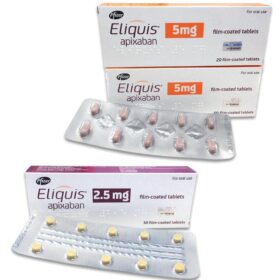 Apixaban
Apixaban









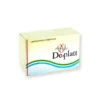
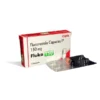




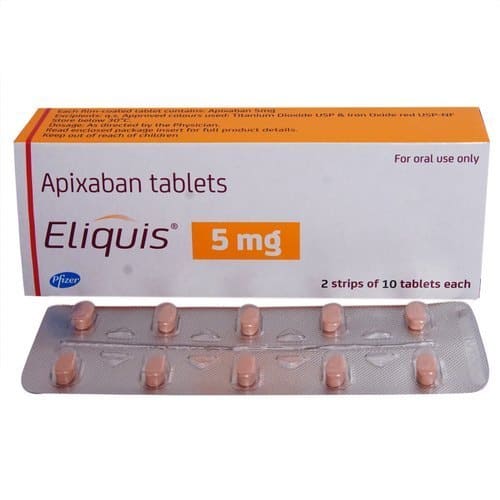



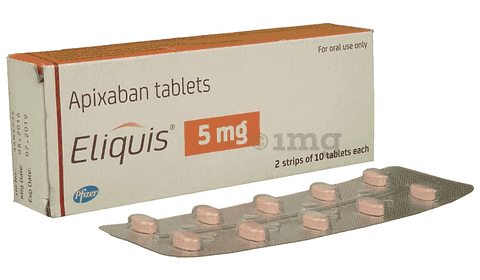
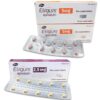
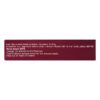
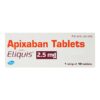
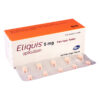

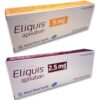
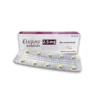
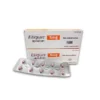
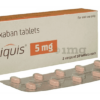
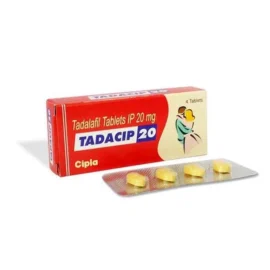
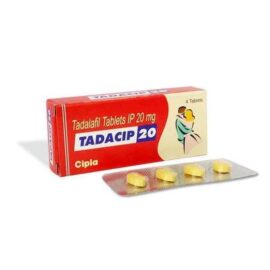
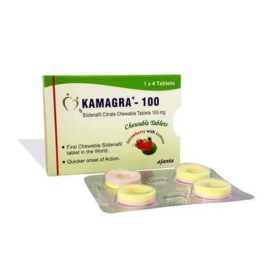

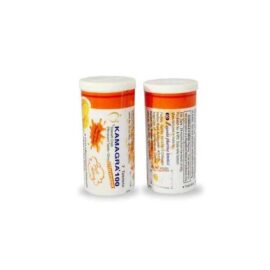
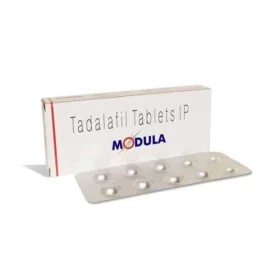
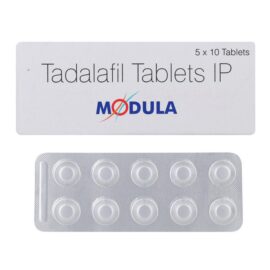
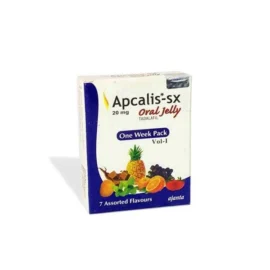
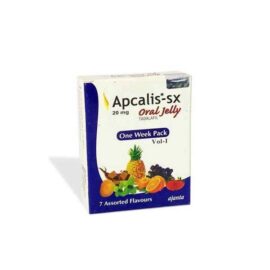
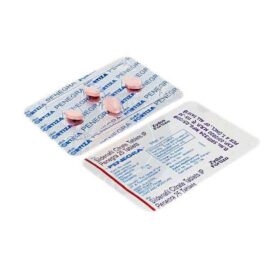
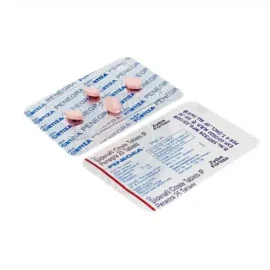
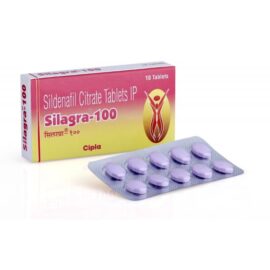
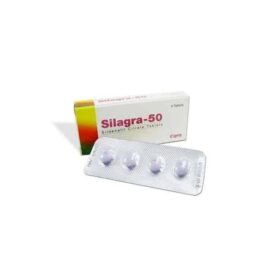
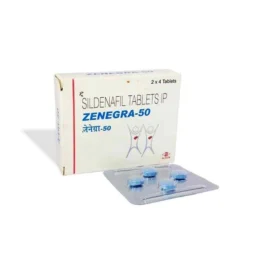
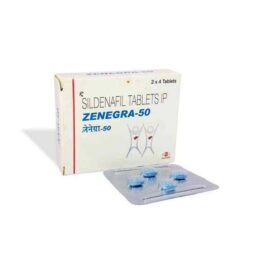
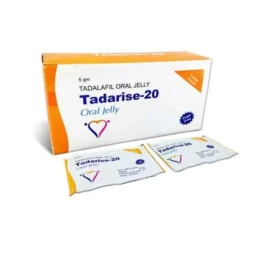
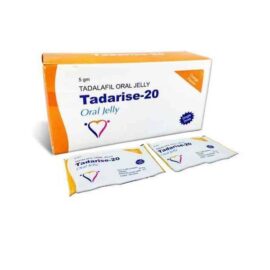
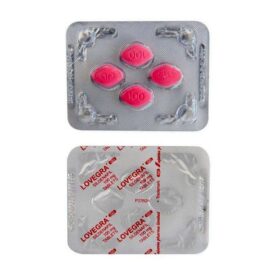
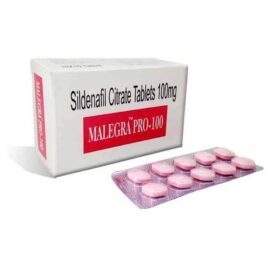
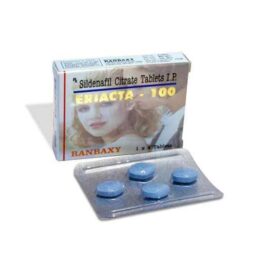
Reviews
There are no reviews yet